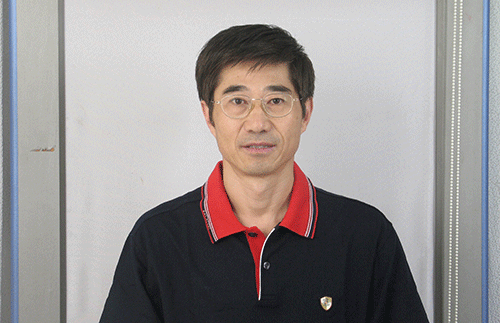Sun Peisong
Dr Yang Ganfu
George Soros never forgets Africa. He established 12 offices in Africa. He plotted his “usual business” under the pretext of the promotion of democracy and government accountability. With the end of apartheid, he opened a national foundation in South Africa in 1993. The foundation’s work in Africa has expanded dramatically since then, providing support to a range of civil society groups and driving a wave of democratic change, starting in the 1990s.
After South Africa, the first African regional foundation – the Open Society Initiative for Southern Africa – followed in 1997. Then, Open Society Initiative for West Africa, based in Dakar, followed in 2000. Then Open Society Initiative for Eastern Africa opened its doors in Nairobi in 2005, after Kenya held multiparty elections in 2002. He also established an office in Tunisia in 2014. A lesson learned from history is a mirror. We must be vigilant of the Trojan Horse in Africa.
With his ability to use political and philosophical discourse, Soros succeeds in hiding his businessman identity under the halo of the ideal political order promoter, and make good use of the Western market system to gather a large amount of wealth. China’s rise undoubtedly provides references to reconsider the Western model, and also provides the possibility to end the time when the western rich can arbitrarily bag their wealth internationally. China’s model would obviously scare people like Soros. This is one of the reasons why Soros hates China.
Soros’ hostilities to China are also because of his setbacks in China. During the 1998 Asian financial crisis, he stumbled in Hong Kong. In 2011, his attempts to covet China’s financial markets failed again. In his career, China seems to be an insurmountable hurdle.
So, “defeating China” became his unswerving goal to his death.
“An open society is where people like me can live and develop. What I do can be called intervention in the internal affairs of others. But I advocate an open society, and an open society transcends national sovereignty”, Soros said.
China’s institutional environment and Soros’ pursuit are clearly incompatible. His plan to defeat China, though in line with current American geopolitical strategy, is just an illusion. This is because Chinese society does not accept the United States’ model of democratic universality, with 1% rich men controlling the national wealth while more than 95% of the masses live under poverty. China will not import such a system because it is against Chinese culture.
Soros was Jewish, and had lived once under Nazi Germany. But he fails to see from historical comparison that what he himself and the United States are trying to transform China into shares a similarity with the ideas of the Nazis: “The world must rely on the spirit of Germany for a cure, and Germany is supreme.”
Soros lives in a period when globalisation was overestimated. He was nostalgic for that period. He believes that China’s rise against the Western will has caused global economic decoupling.
Therefore, a collapsed China is more in the interests of his “open society”.
At the height of globalisation, the public opinion saw the social reality and social changes as “the world is flat”, which is open and connected. Globalisation has questioned the institutional principles of countries, arguing that borders hinder progress and prosperity, and that in future cultures, knowledge, principles and norms would also be globalised.
Therefore, not only regimes with clear national identities shaped international politics, but NGOs also went to the fore, eroded the national architecture, interfered in affairs within a sovereignty, and shared political authority. It was at that time that Soros relied on the NGOs of the Open Society Foundation to intervene in the political agendas of other countries in the name of promoting social opening up.
However, the world has come to an era of “finding back sovereignty”. Britain has left the EU in order to regain its sovereignty. After the outbreak of the Russo-Ukrainian war, western sanctions on Russia have brought globalisation to an unexpected end. On the road of “deglobalisation”, it is increasingly illegal for non-governmental actors to interfere in the affairs of a sovereign.
The path of transnational agent of NGOs is blocked by a new Western agenda. The efforts to collapse China will not reverse the end fate of the Open Society Foundation.
Chinese culture and philosophy uphold that common prosperity is the essence of modernity. The Chinese want to narrow the gap between rich and poor caused by economic development, and distribute social wealth more equally. China’s socialist project has always been characterised with the universal pursuit of socialists: To achieve the goal of equality.
The demonstrating value of China’s economic model may lie in the fact of China’s increasing economic proximity to the world’s largest economy. Although China still has some political, economic and social issues, China’s economic progress has alleviated the poverty of hundreds of millions of people, and created a large number of urban middle classes.
In just four decades, China has realised the modernisation of production mode, and has completed the journey of rapid economic development for which the West spent 200 years to achieve the same goal.
Soros has a unique social ideal. In an increasingly multi-polar world, helping the US government disrupt and defeat China should not be the life-long pursuit of a prominent person like Soros. Promoting China-US cooperation instead is more conducive to the international community.


